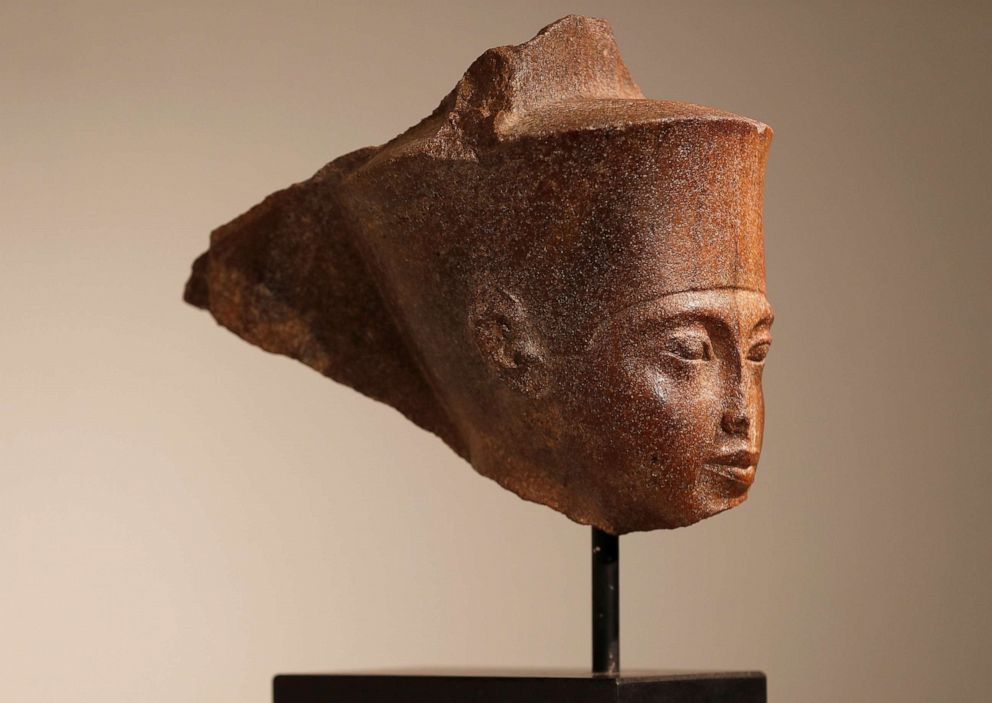Christie's under fire for auctioning rare Egyptian artifacts
Officials in Egypt says Christie's violated international treaties.
Auction house Christie's has "violated international treaties and conventions" by selling almost two dozen Egyptian artifacts in London, Egyptian authorities claim.
Christie's sold more than 20 pieces on July 3, including a limestone bust of the 18th dynasty princess Henuttaneb and a Middle Kingdom wood funerary model of a boat.
"The foreign and antiquities ministries believe that the auction held on July 3 in London at Christie's … is contrary to the relevant international treaties and conventions, since the auction house has not yet provided to the Egyptian side documents related (to the ownership) of the archaeological artifacts," the ministries said in a joint statement Wednesday.
"The Egyptian Embassy is sorry to announce that Christie's will hold a second auction to sell more artifacts, including a small statue of Tutankhamen, although we have solicited the delay of the sale until verifying and the legality of trading in these items, the authenticity of their documents, and evidence of its legal exportation from Egypt," Tarek Adel, the Egyptian ambassador to the U.K., said in the statement.
A 3,000-year-old stone sculpture of Tutankhamen, the famous "boy king," which Egyptian archaeologists suspect was looted from Luxor's famed Karnak Temple decades ago, sold for 4.7 million pounds (nearly $6 million) on Thursday.

The brown quartzite statue portrays the boy king as Amun, the ancient Egyptian god of the sun and air.
The statue previously belonged to a private collector and is part of what is known as the Resandro Collection.
"We recognize that historic objects can raise complex discussions about the past; yet our role today is to work to continue to provide a transparent, legitimate marketplace upholding the highest standards for the transfer of objects," Christie's said in a statement following the sale. "There is an honorable market for ancient art and we believe it is in the public interest that works come out into the open with the opportunity for them to be researched, as well as seen and enjoyed by global audiences.”
Last month, Egypt's foreign ministry said it had contacted Christie's and UNESCO in a bid to stop the sale, claiming its right in the Tutankhamen piece "under the current and previous Egyptian laws."
Egyptian officials introduced a law in 1983 to regulate the ownership of Egyptian antiquities, saying that any ancient artifacts discovered in the country are considered state properties "with the exception of antiquities whose ownership or possession was already established at the time this law came into effect."
Christie's told ABC News in June that "ancient objects by their nature cannot be traced over millennia. It is hugely important to establish recent ownership and legal right to sell which we have clearly done."



